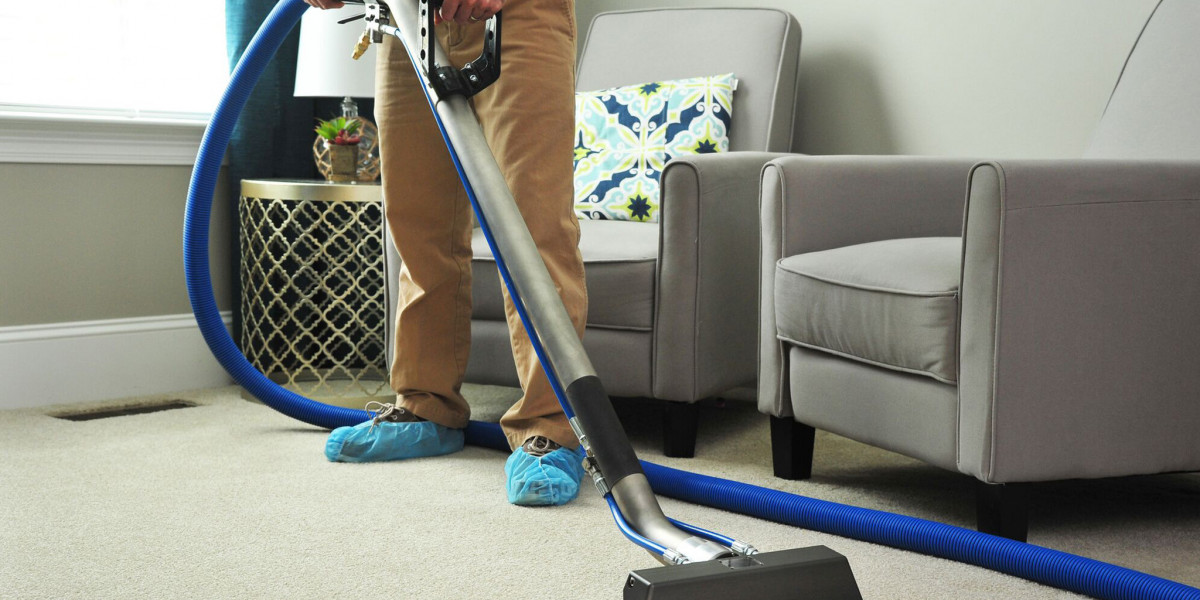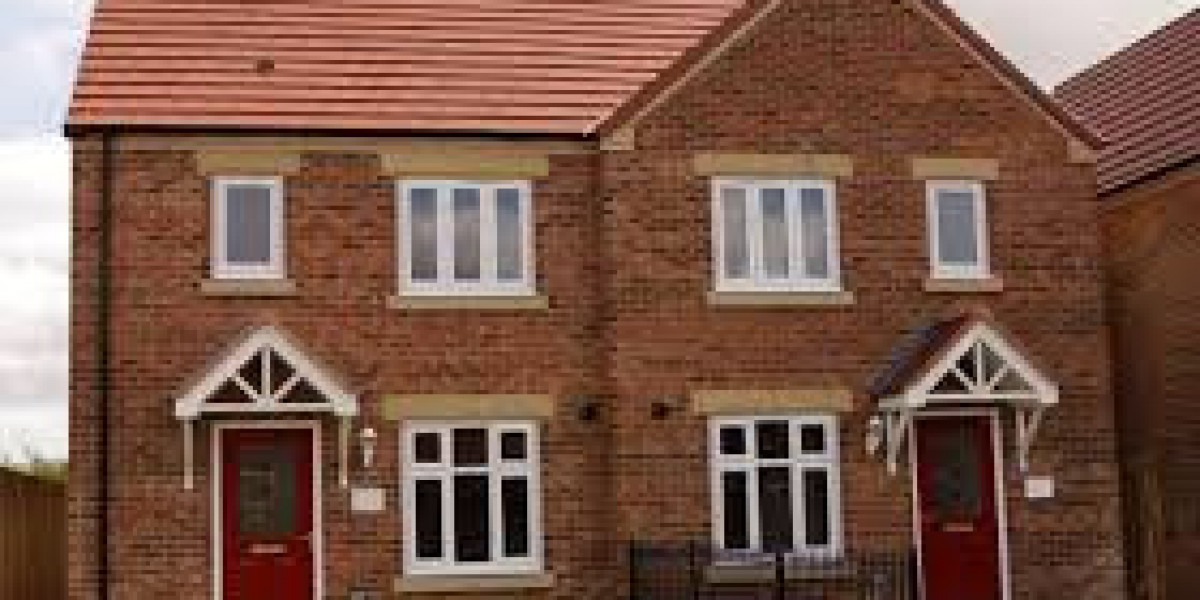In the hospitality industry, guest comfort isn’t just a nice extra - it’s the foundation of a memorable stay. From the moment a guest walks into a hotel lobby to the time they settle into their room, every detail influences their perception of the property. A room that is too warm, too cold, or stuffy can easily overshadow other positive experiences. This is where HVAC automation systems come in, transforming how hotels deliver consistent, personalized comfort while also optimizing operational efficiency.
What Are HVAC Automation Systems?
HVAC automation systems integrate heating, ventilation, and air conditioning equipment with smart control technology. These systems use sensors, controllers, and software to monitor and regulate temperature, humidity, and airflow automatically. Unlike traditional HVAC setups, which may rely on manual adjustments or preset schedules, HVAC automation adapts dynamically to real-time conditions and guest preferences.
In hospitality settings, this often means connecting the HVAC system to a central building management system (BMS) that allows hotel staff - and sometimes even guests - to adjust climate conditions with ease. These systems can also integrate with property management software, enabling advanced features like occupancy-based climate control.
How HVAC Automation Enhances Guest Comfort
1. Personalized Room Climate
One of the most significant ways HVAC automation improves guest comfort is through personalized temperature control. Many modern hotels equip each room with a smart thermostat or wall panel connected to the central system. When a guest checks in, they can easily set their preferred temperature - and the automation system ensures it stays within that range, regardless of outside weather conditions.
Some hotels even allow guests to set preferences during booking or through a mobile app, so their room is preconditioned to the perfect temperature before they arrive. This small but impactful detail makes guests feel valued and cared for.
2. Consistent Comfort Across the Property
Lobbies, restaurants, gyms, and conference rooms - each area of a hotel has different climate requirements. Without automation, these spaces may experience uneven heating or cooling due to varying occupancy and activity levels. HVAC automation systems use zoning controls and multiple sensors to maintain optimal comfort levels across different spaces.
For example, the system might automatically adjust cooling in the gym during peak workout hours, while ensuring meeting rooms remain comfortably cool during business conferences. This consistency enhances the overall guest experience, whether they are dining, working, or relaxing.
3. Occupancy-Based Adjustments
If a guest steps out for the day, the system can shift to an energy-saving mode - slightly raising or lowering the temperature - then return it to the guest’s preferred setting when they return. This ensures guests always walk into a comfortable space while preventing unnecessary energy waste.
In addition, integrating HVAC automation with key card systems or motion sensors allows for seamless operation without requiring guests to fiddle with controls every time they enter or leave.
4. Air Quality Management
Comfort is about more than temperature - air quality plays a critical role in guest satisfaction. Advanced HVAC automation systems monitor humidity, CO₂ levels, and airborne particles. The system can automatically increase ventilation if indoor air quality drops, ensuring fresh, clean air in guest rooms and shared spaces.
This is particularly valuable in high-traffic areas or regions with varying outdoor air quality. Guests benefit from healthier, more breathable air without even realizing the behind-the-scenes technology at work.
5. Quiet, Non-Disruptive Operation
Few things are more disruptive to a relaxing hotel stay than a noisy air conditioning unit kicking in at night. HVAC automation can minimize this by running systems at optimal speeds and adjusting fan settings smoothly. By avoiding abrupt starts and stops, hotels provide a quieter, more peaceful environment - a detail that can significantly boost guest satisfaction scores.
Benefits Beyond Comfort
While the primary goal of HVAC automation in hospitality is guest comfort, hotels also benefit in other ways:
Energy Efficiency: Automated climate control reduces energy waste, lowering utility costs and supporting sustainability initiatives.
Maintenance Alerts: The system can flag potential issues early, preventing breakdowns that could disrupt guest comfort.
Data Insights: Usage patterns can help hotels forecast demand, optimize operations, and even tailor offers based on guest preferences.
These operational advantages indirectly improve the guest experience by ensuring consistent comfort, fewer disruptions, and a more eco-conscious stay - something many modern travelers value.
The Future of Guest Comfort
The next generation of HVAC automation will likely leverage AI and machine learning to predict guest preferences and optimize settings even more proactively. Imagine a system that learns you prefer a slightly cooler sleeping temperature and automatically adjusts without you having to touch a thermostat. Combined with other smart room technologies, HVAC automation will continue to set new benchmarks for personalized comfort in hospitality.
Final Thoughts
HVAC automation systems empower hotels to deliver consistent, personalized, and high-quality climate control that enhances every stay. From personalized room temperatures and improved air quality to seamless occupancy-based adjustments, these systems not only make guests more comfortable but also streamline hotel operations.














